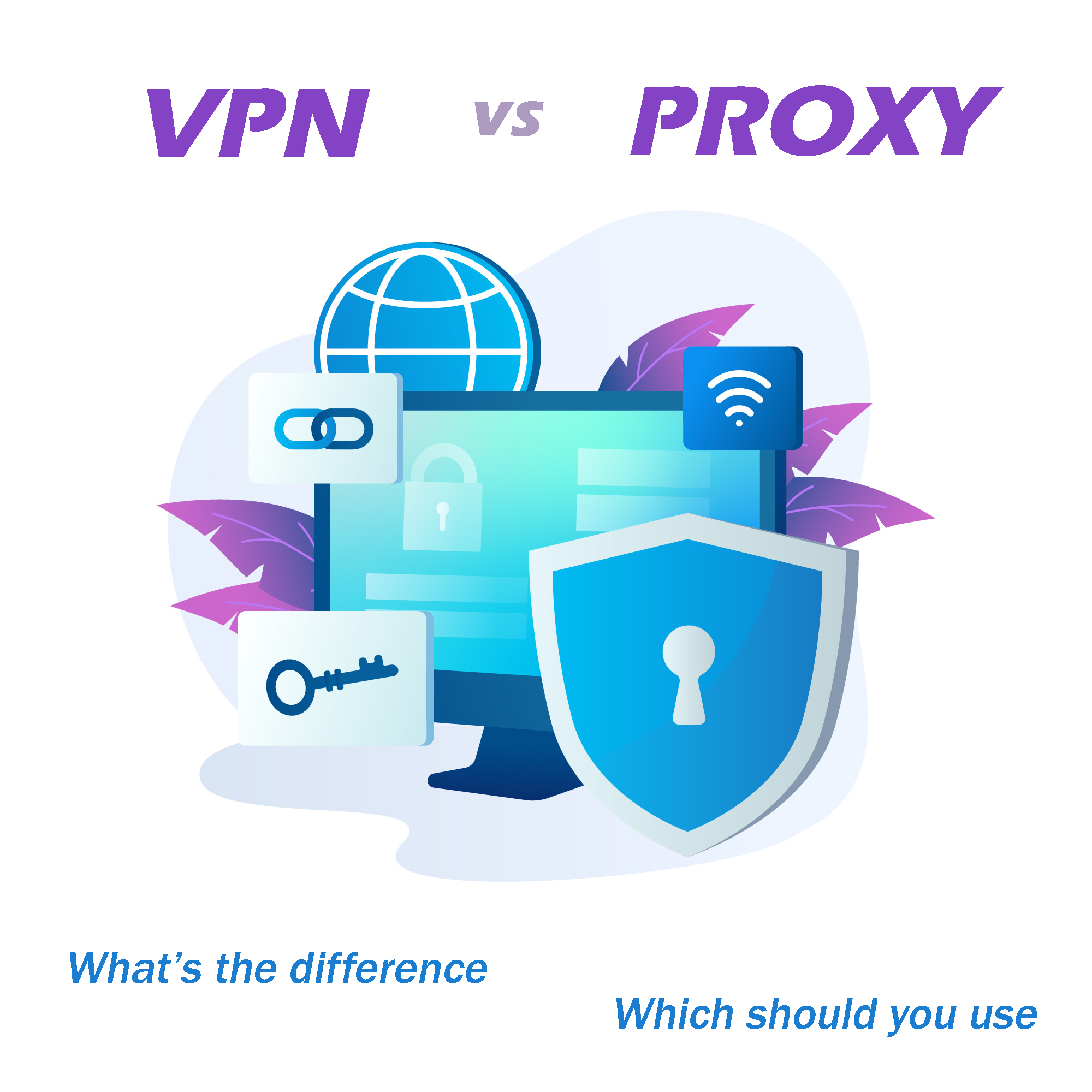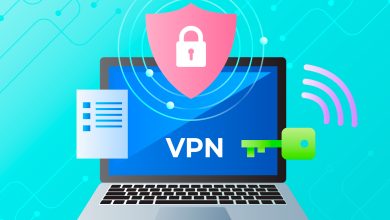VPN vs. Proxy: What’s the Difference and Which Should You Use?
In today’s connected digital world, ensuring online privacy and security is of paramount importance. With increasing concerns about data breaches, surveillance and cyber threats, individuals and businesses are looking for ways to protect their online activities. Two popular tools for this are virtual private networks (VPNs) and proxies. Both serve as intermediaries between you and the Internet, but they have different purposes and functionalities. In this article, we’ll go over the differences between VPNs and proxies and help you decide which is the right choice for your specific needs.
Understanding proxies
A proxy server acts as a gateway between your device and the Internet. When you access a website or other online resource, your request first passes through the proxy server before reaching its destination. The proxy server then forwards the response back to you.
Main features of proxies:
IP address spoofing: proxies can hide your real IP address by using their own IP address. This provides a basic level of anonymity, as the website or service you are accessing will only see the IP address of the proxy server.
Access control: proxies can be configured to restrict access to certain websites or services. This can be useful for organizations that want to restrict their employees’ Internet use or enforce content filtering policies.
Speed: Proxies generally offer faster speeds than VPNs because they don’t encrypt your traffic. They are suitable for tasks that require fast access to online resources.
VPN: More than just anonymity.
While proxies focus primarily on IP address masking and access control, virtual private networks (VPNs) offer a broader range of features and capabilities.
Key features of VPNs:
Data encryption: VPNs encrypt your Internet traffic, making it nearly impossible for third parties to intercept or decrypt your data. This encryption is especially important when you connect to public Wi-Fi networks that are vulnerable to hackers.
Security and privacy: VPNs offer a higher level of security and privacy than proxies. They are designed to protect your data from eavesdroppers, ISPs, and government surveillance. Your online activities remain confidential, even to your VPN provider.
Geographic bypass: VPNs let you bypass geographic restrictions by connecting to servers in other locations. This is handy for accessing regionally blocked content, such as streaming services or websites.
Full Internet access: unlike proxies, VPNs route all your Internet traffic through their servers, ensuring that all data, including web browsing, app usage, and torrenting, is protected.
Choosing between a VPN and a proxy.
Now that we’ve explored the differences between VPNs and proxies, let’s consider when you should use both:
Use a VPN when:
Privacy and security are top priorities: if you’re concerned about protecting sensitive data, such as personal information, financial details, or business communications, a VPN is the best choice because of its robust encryption.
Access to geographically restricted content: VPNs are ideal for unblocking regionally restricted websites and services. By connecting to servers in different countries, you can access content as if you were local.
Comprehensive Internet Protection: If you want comprehensive protection for all your online activities, including web browsing, app usage, and online gaming, a VPN is a better option because it routes all your traffic through a secure tunnel.
Use a proxy if:
Access control and filtering: if your main goal is to control access to certain websites or services, or if you want to filter content, a proxy can help you do that.
Speed is important: Proxies generally offer faster connection speeds than VPNs because they don’t encrypt your data. If you need speed for tasks like web scraping or accessing resources with minimal latency, proxies are the way to go.
IP address masking: if you need to hide your real IP address but don’t need the robust security of a VPN, a proxy can provide basic anonymity.
In summary, both VPNs and proxies provide valuable online security and privacy services, but they are not interchangeable. The choice between them depends on your specific needs and priorities. If you are looking for comprehensive online protection, especially when dealing with sensitive data, a VPN is the better choice. On the other hand, if you need access control, content filtering or higher speeds for certain tasks, a proxy server is more suitable. Understanding the differences between these tools will help you make an informed decision to best protect your online activities.




